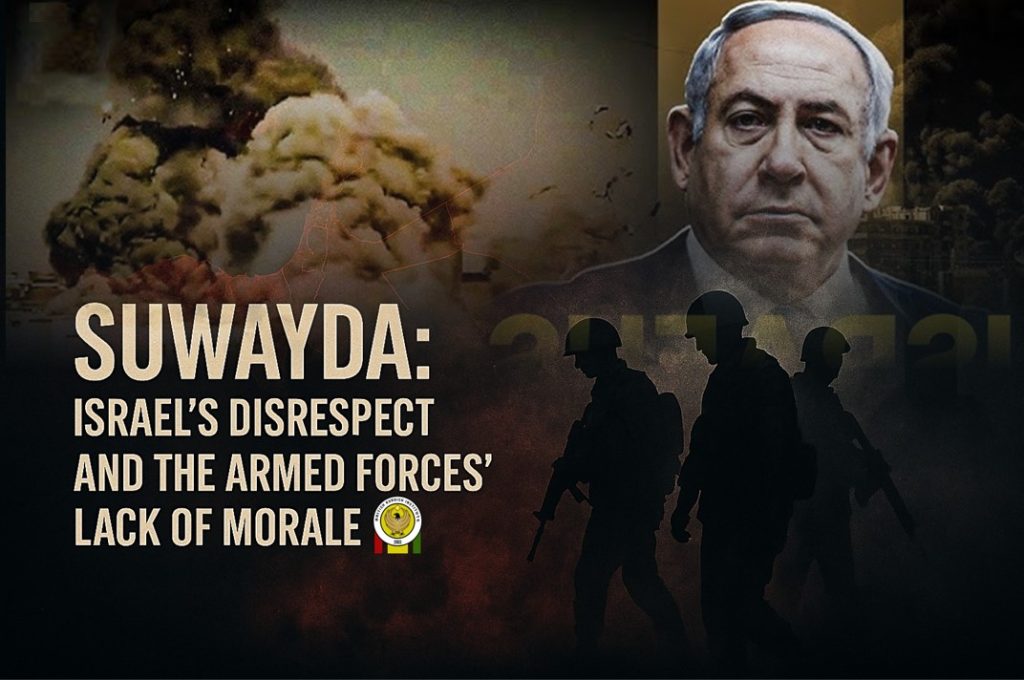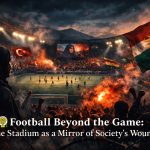Overview
This opinion addresses two intertwined themes that sit in different realms: the geopolitics of southern Syria and the ethics of religious conduct. It argues that human dignity and international norms have been violated by Israeli policy, while also critiquing behaviors that echo the extremism Syrians rejected.
How Did the Suwayda Conflict Escalate?
According to this analysis, a key turning point came on July 12, 2025, when Syrian interim President Ahmed Shara met an Israeli official in the presence of the United States. The stated aim was to normalize relations between Damascus and Tel Aviv in exchange for lifting sanctions and delisting Jolani and associated groups from terrorism rosters.
As presented here, both sides sought to define red lines that would prevent a broader war. Suwayda sat at the center of these discussions: either Israel’s borders would be shielded while Damascus re-established authority in Suwayda, or tensions would rise. Shara appears to have read Israeli calm—following the Baku talks—as permission to move forces and extend state institutions across the province. That move, the author argues, became the immediate catalyst for war and signaled the failure of what is described as the “Baku meeting.”
What Critics Say About Israeli Objectives in Southern Syria
From this perspective, Israeli policy since the fall of the Ba’ath has aimed at more than border security. Critics contend it seeks to:
-
Prioritize Israeli security by clearing armed groups near its frontier—not to protect the Druze.
-
Establish itself as a necessary actor in shaping Syria’s future.
-
Strip the Syrian army of heavy weapons.
-
Create a demilitarized zone deep inside Syrian territory.
-
Occupy and potentially annex parts of southern Syria—where many Druze live—mirroring the Golan Heights experience.
In this reading, the strike on the Syrian general headquarters was not to defend any one community. Rather, it served as a pretext for preventing the emergence of a renewed Syrian state. The author also stresses that tensions between Bedouins and Druze in Suwayda—fostered under Ba’athist rule—did not suddenly arise in recent months.
Ethics, Extremism, and Lessons from ISIS
When ISIS rose with its brutal ideology and violent theatrics—contradicting Islamic values, ethics, and principles—its brief, dark episode should have been treated as a cautionary lesson, not a template. Many Islamic scholars welcomed Shara’s split from Baghdadi and his softer tone. Yet, given Shara’s violent past entanglements with Baghdadi and lingering conflicts with remnants of that current, he should have avoided any rhetoric or behavior that could invite comparisons with ISIS. The author believes he failed to do so consistently.
Suwayda’s Clerics and the Boundaries of Conduct
Recent events in Suwayda, along with the earlier Sahil incidents, included acts the author deems deeply unethical, particularly against Druze clerics. Islamic tradition demands respect when engaging with other faiths and schools of thought. In Islam, texts and divine guidance—not personalities—set the standard.
One example cited is the shaving of Druze youths’ and clerics’ beards, an act condemned here as humiliating and un-Islamic. Zeal should not translate into domination or “ownership” of religion by any individual or faction. Thought evolves slowly; politics is perilous. Events can upend a leader’s assumptions overnight.
A Call for Restraint and Principle
The conclusion is simple: pray for good, reject self-aggrandizement, and uphold a measured, independent stance. Let ethics—not opportunism—guide action, especially when communities and faith leaders are at stake.
Key Takeaways (Skimmable)
-
The piece frames Suwayda’s flare-up as a fallout from July 12, 2025 talks and misread signals after Baku.
-
It portrays Israeli policy as pursuing long-term leverage in southern Syria beyond border security.
-
It warns against any conduct that resembles ISIS’s ethos, urging strict adherence to Islamic ethical norms.
-
It condemns humiliating acts against Druze clerics and calls for humility, restraint, and principle-based leadership.
Quick FAQs
Is this a verified account of events?
This is an opinion summarizing one perspective. Readers should consult multiple sources for verified reporting.What triggered the recent clashes in Suwayda, according to the author?
A misreading of post-Baku dynamics and troop movements following a July 12, 2025 meeting involving Syrian and Israeli officials.How does the article view Israel’s role?
It argues Israel seeks influence over Syria’s future, demilitarization of Syrian forces, and a buffer—possibly more—in the south.What is said about treatment of Druze clerics?
Humiliating acts—such as forcibly shaving beards—are condemned as unethical and contrary to Islamic principles.









